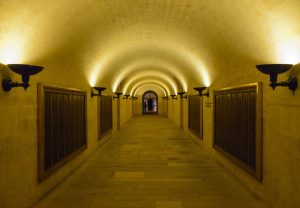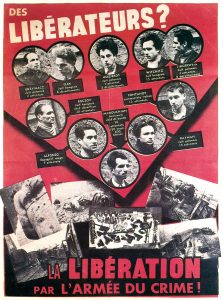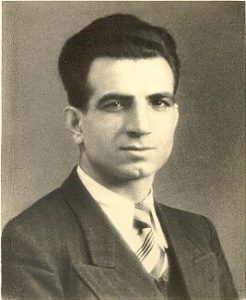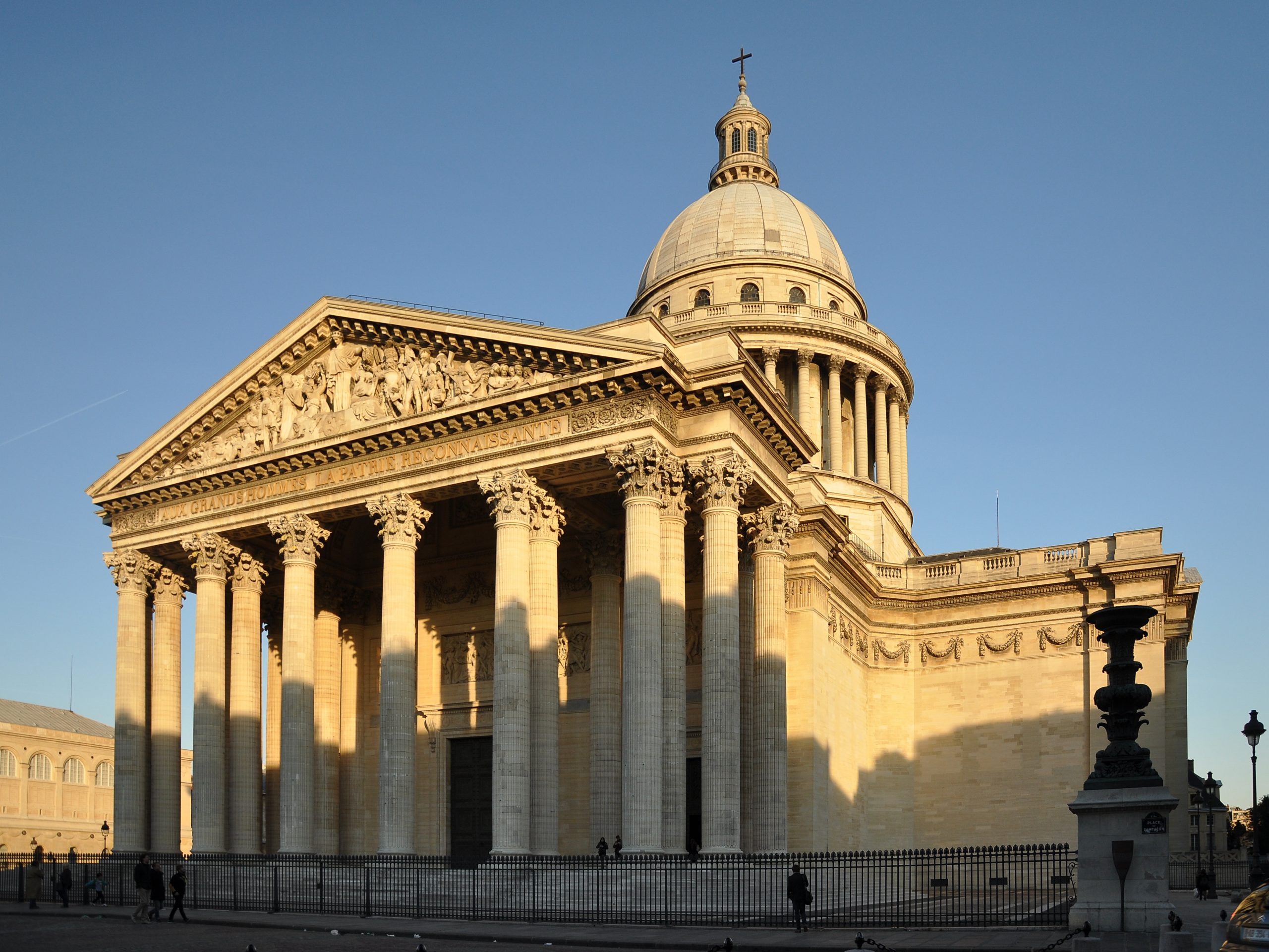Among the hallowed halls of the Panthéon in Paris, a tribute unfolded, marking a significant moment in history. On the eightieth anniversary of their execution, members of a heroic resistance group were laid to rest.
Immortalized as martyrs of the French resistance during World War II. led by the Armenian-born poet and journalist Missak Manouchian, these courageous individuals, including three Hungarians, made the ultimate sacrifice in their fight against tyranny.
President Emmanuel Macron’s words echoed through the solemn chambers, encapsulating the spirit of unity and resilience that defined these valiant souls.
They are foreigners, and yet they are our brothers and sisters,” he proclaimed, invoking the timeless wisdom of poet Louis Aragon.
Mr. Macron’s eulogy underscored the enduring significance of these forgotten heroes, their sacrifices transcending national boundaries. “French by choice, French by hope,” he declared, affirming their indelible bond with the nation they fought to defend.

The crypt of the Panthéon. Photo: Wikipedia
Within the ranks of this illustrious resistance group were three Hungarians – Tamás Elek, Imre Békés-Glasz, and József Boczor – whose unwavering courage and dedication to the cause left a mark on history.
As members of the French Communist Party, they defied the Nazi occupation, carrying out daring actions in the Paris region. Their bravery knew no bounds, and in 1943, they stood as a beacon of resistance in the heart of the French capital.
Tragically, their valiant efforts were met with relentless pursuit by the Gestapo, culminating in their capture in 1944. The infamous ‘red poster,’ a vile attempt by the Germans to vilify the resistance as a coalition of communists, foreigners, and Jews, served as a testament to their unwavering resolve. Despite facing insurmountable odds, these Hungarian partisans remained steadfast in their commitment to liberty and justice.

The infamous ‘red poster’. Picture: Wikipedia
The solemnity of the occasion was further accentuated by the presence of Marine Le Pen, leader of the Nationalist Group in the National Assembly, whose attendance ignited a fierce political debate. Amid the controversy, President Macron’s steadfast commitment to honoring the legacy of these foreign resisters remained unwavering.
Their sacrifice, he asserted, symbolized the essence of French identity – a testament to the enduring strength of the nation’s collective spirit.
As the ceremony drew to a close, the coffins of Missak Manouchian and his wife Mélinée, both revered figures in the annals of French history, were draped in the tricolor flag and borne aloft by soldiers of the French Foreign Legion. Their final journey to the Panthéon served as a reminder of the sacrifices made by countless individuals in defense of freedom and democracy.
In a world plagued by division and strife, the commemoration of these foreign resisters serves as a beacon of hope – a testament to the transformative power of solidarity and resilience. As President Macron aptly remarked:
Being French is first and foremost a question of will,”
a sentiment that reverberates across borders and transcends the confines of nationality, the French President concluded.
Fact

Missak Manouchian. Photo: Wikipedia
Missak Manouchian, an Armenian poet and communist activist, survived the Armenian genocide before relocating to France in 1925. He became a prominent figure in communist Armenian literary circles. During World War II, he led the FTP-MOI, a group of European immigrants, including Jews, in the Paris Region, conducting assassinations and bombings against Nazi targets. Manouchian’s group was highly active in the French Resistance, but they were arrested in November 1943, and executed by the Nazis at Fort Mont-Valérien on February 21, 1944.
Related article
György Cziffra: Parisian Homage to the "Pianist with 50 Fingers"![György Cziffra: Parisian Homage to the]()
The next performance will take place on Friday in the main hall of the Montparnasse Theatre.Continue reading
Via MTI; Featured Image: Wikipedia
